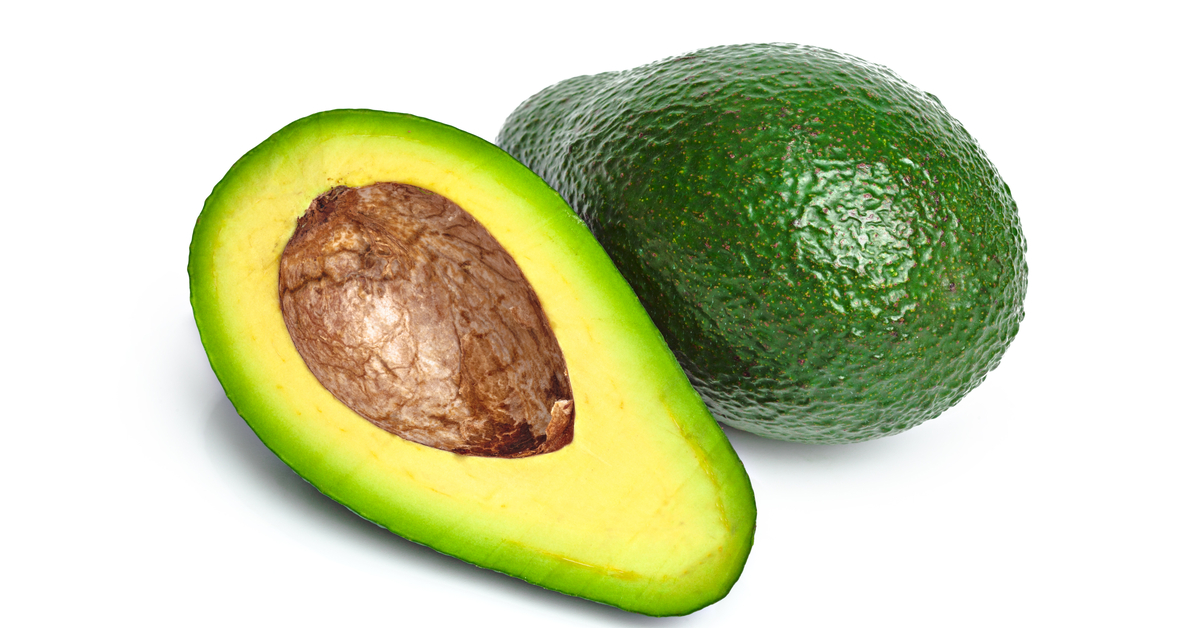Irritable Bowel Syndrome (IBS) is a very common gastrointestinal condition that causes symptoms such as a change in bowel habits, stomach cramps, abdominal pain, food sensitivities, and bloating. The exact cause of IBS has yet to be identified by researchers but both genetic and environmental factors seem to play a role in its development. There are two types of IBS. IBS-D (IBS with diarrhea) is characterized by continuous or recurrent diarrhea. IBS-C is marked by constipation and abdominal pain. Treatment includes changes in dietary habits, lifestyle modifications such as stress management, and prescription medications (on the recommendation of a doctor).

Medication For Diarrhea
Medicine can help relieve and manage symptoms on a temporary basis, allowing those suffering from IBS to live normally. There is no known cure for the disease yet. Treatment includes dietary modifications, lifestyle changes, and prescription medications. The selection of pharmacologic treatment remains symptom directed as there are different medications to treat different symptoms. Maintain a healthy diet and eat food with fiber (if constipated) to prevent your symptoms from worsening.
Antidiarrheals
Antidiarrheals such as loperamide (Imodium), diphenoxylate, and atropine (Lomotil) can reduce diarrhea by inhibiting the muscle spasms that occur in the intestine. Stool softeners and fiber may soften stools of individuals who are constipated.
Diet
Patients suffering from severe diarrhea should cut down on high-fiber food items. Whole grain foods high in fiber such as brown bread, brown rice, nuts, and seeds should be eaten in controlled portions. Products containing a sweetener called sorbitol should be avoided as this substance can exacerbate IBS symptoms.
Rifaximin (Xifaxan)
Rifaximin is a medicine which must be taken over the course of 14 days. This medicine is helpful for those suffering from IBS and experiencing symptoms such as chronic or repeated diarrhea and distention (bloating). If a recurrence of IBS occurs, patients are once again given a course of medicines to take over a period of 14 days.
Probiotics
Probiotics are live microorganisms which promote and balance healthy gut bacteria. Live microorganisms similar to the ones in our digestive tract are taken to combat IBS. Do not start taking probiotic supplements without consulting with your physician.
Featured Image: Depositphotos/© [email protected]




